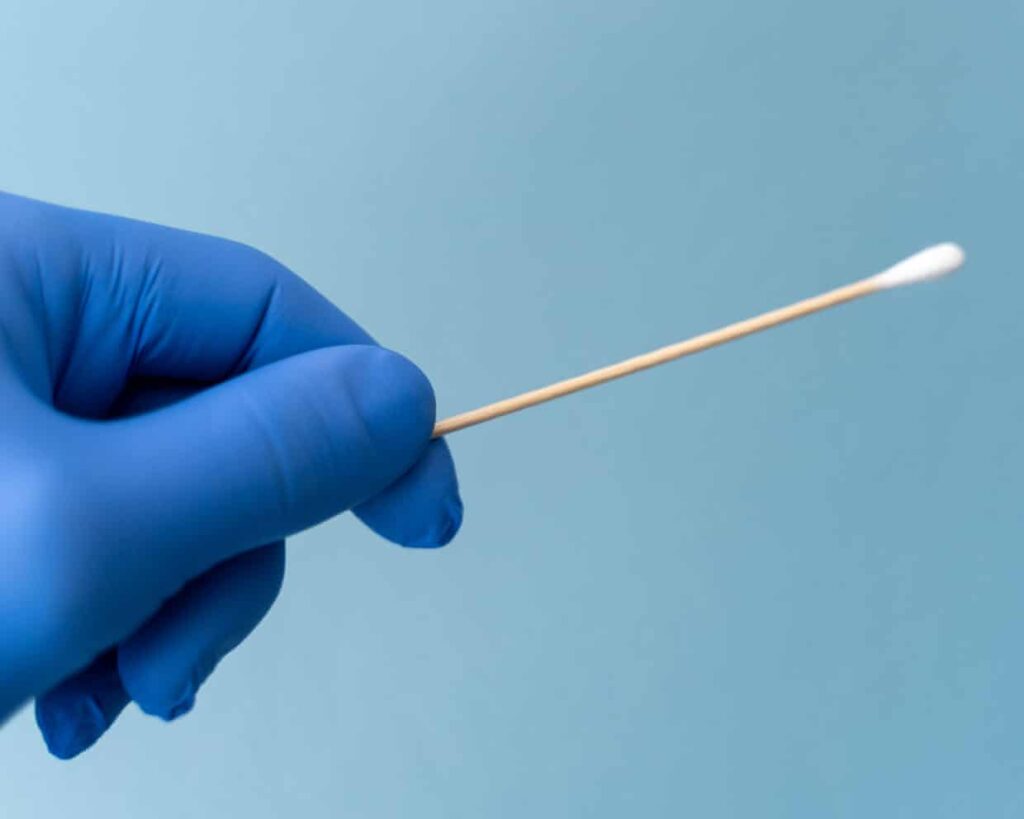
A groundbreaking study has revealed that a simple cheek-swab test can identify children at risk of a potentially life-threatening heart condition called arrhythmogenic cardiomyopathy (ACM) up to five years before a traditional diagnosis would typically occur. This innovative approach could significantly enhance early detection and potentially save lives, particularly among those with genetic predispositions to the condition.
ACM is a genetic disorder responsible for over 10% of sudden cardiac deaths in children. It arises from abnormalities in the proteins connecting heart cells, which disrupt both the structure and electrical activity of the heart. Often, ACM can develop unexpectedly, making early diagnosis crucial. Researchers have discovered that these protein abnormalities can also manifest in the cheek lining, allowing for a non-invasive test to monitor heart health.
Details of the Cheek Swab Test
The two-minute cheek swab test was presented at the European Society of Cardiology congress in Madrid, recognized as the largest heart conference worldwide. A team from Great Ormond Street Hospital and City St George’s, University of London conducted trials involving 51 children aged between three months and 18 years, all of whom had a known genetic risk for ACM.
Participants underwent cheek swabs every three to six months over a seven-year period. Among the group, 10 children developed ACM, and remarkably, eight of these individuals showed detectable abnormalities in their cheek swab results before their condition was confirmed through other medical tests. Additionally, a secondary group of 21 children with no known genetic risk exhibited abnormalities in five cases, also identified through cheek swabs.
Implications for Early Diagnosis
The research underscores the potential of cheek swabs to reveal significant changes in children up to five years prior to formal diagnosis, which is typically confirmed through scans and other tests. The findings suggest that the cheek swab could serve as a vital preliminary step in identifying those at risk for ACM.
Joanna Jager, from City St George’s, University of London, emphasized the need for quick and easy testing methods to flag suspected ACM cases that can later be validated through hospital procedures.
In the UK, estimates indicate that approximately one in 10,000 individuals has ACM. Symptoms can vary widely, including heart palpitations, fainting, breathlessness, abnormal heart rhythms, and swelling in the stomach, legs, or ankles.
Researchers are actively working on developing home-use swab kits, allowing families to collect samples and send them off for analysis.
Dr. Angeliki Asimaki, a reader in cardiac morphology and sudden death at the School of Health and Medical Sciences at City St George’s, University of London, noted, “Our test provides a window into microscopic changes happening in the heart, and it is totally risk-free and non-invasive. This has the potential to provide accurate and timely diagnoses of ACM, which could ultimately save lives.”
Dr. Sonya Babu-Narayan, the clinical director of the British Heart Foundation that funded the research, highlighted the importance of early diagnosis given the risk of sudden death associated with ACM. “This kind of simple, pain-free cheek swab test could identify children in the early stages of ACM who need extra care, or provide reassurance to at-risk children and their families with normal test results.”
As this innovative research progresses, the implications for early detection of ACM in children may lead to enhanced preventive care and improved health outcomes for vulnerable populations.





